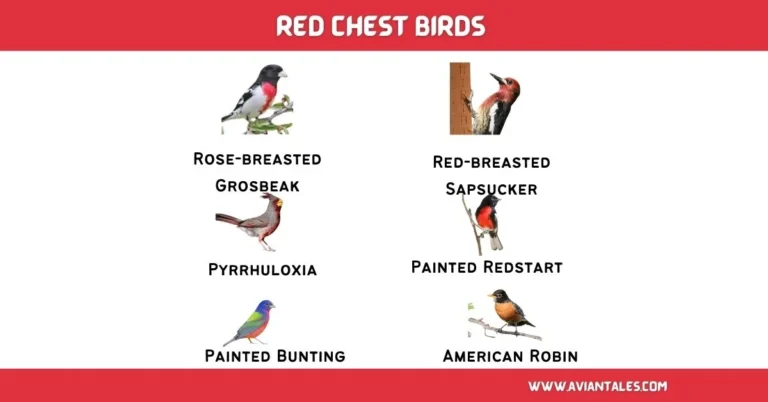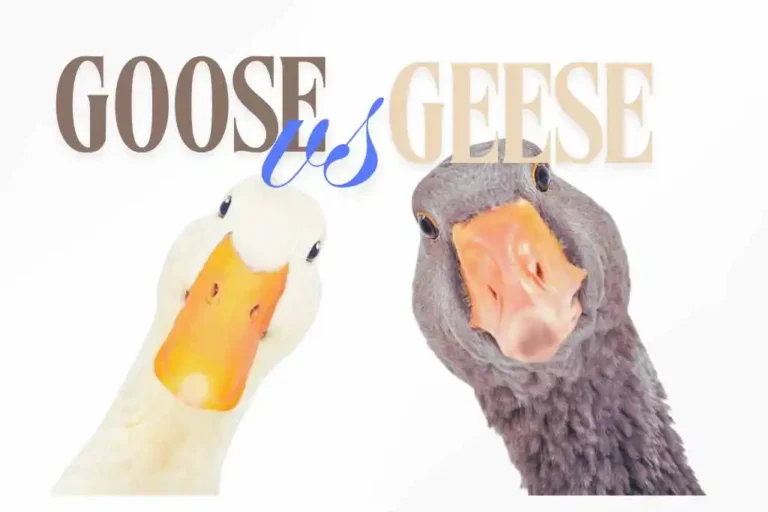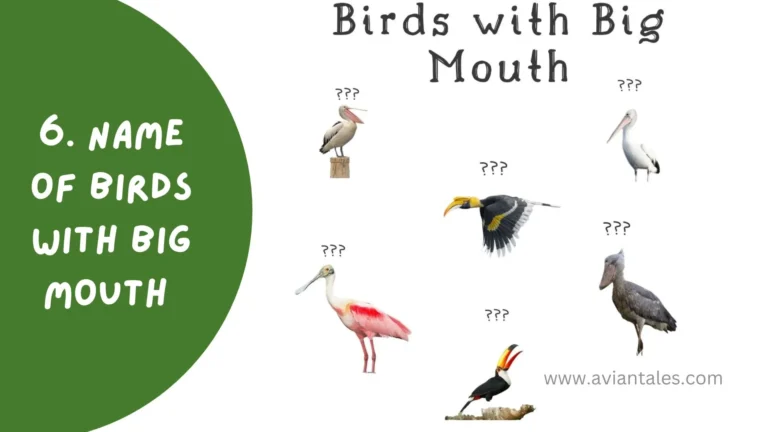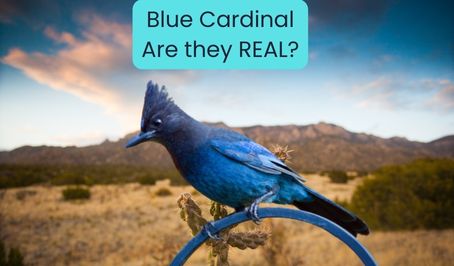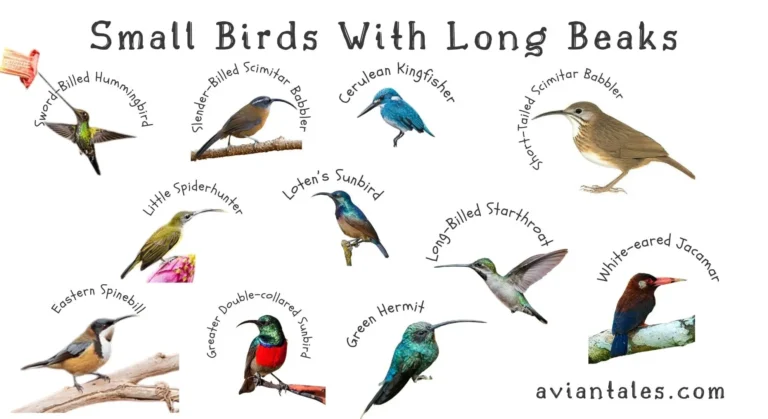Understanding Birds’ Carnivorous Diets and Habits
Birds are fascinating creatures and warm Blooded. Their diets are as diverse as their species.
Some birds are herbivores, others omnivores. But have you ever wondered about carnivorous birds? These birds have diets primarily composed of meat.
Carnivorous birds, such as eagles, hawks, and falcons, rely on meat for their survival. They consume a variety of meats, including small mammals, fish, and other birds. But is meat good for birds? And how does it impact their behavior and overall health?
In this article, we delve into the world of carnivorous bird diets. We’ll explore what they eat, how they hunt, and the role they play in the ecosystem. We’ll also address common misconceptions and ethical considerations related to feeding birds meat.
Table of Contents
Join us as we unravel the mysteries of carnivorous bird diets and habits.
What Are Carnivorous Birds?
Carnivorous birds, also known as birds of prey or raptors, are birds that primarily feed on meat. They have evolved to hunt and consume other animals, showcasing a variety of hunting strategies and adaptations.
Examples of carnivorous birds include eagles, hawks, falcons, and owls. These birds play a crucial role in the ecosystem, controlling the population of their prey and maintaining a balance in nature. Understanding their diets is key to understanding their behavior, their role in the ecosystem, and how to conserve their species.
The Role of Meat in Bird Diets
Meat plays a vital role in the diets of carnivorous birds. It provides them with the necessary nutrients for growth, survival, and reproduction. These nutrients include proteins, fats, vitamins, and minerals.
- Proteins are essential for growth and repair of body tissues.
- Fats provide energy and help in the absorption of certain vitamins.
- Vitamins and minerals are necessary for various bodily functions, including bone formation and immune system function.
However, the type and amount of meat consumed can vary greatly among different species of carnivorous birds. This depends on factors such as the bird’s size, habitat, and specific dietary requirements. Understanding these nuances is crucial for anyone involved in bird conservation or care.
Types of Meat Carnivorous Birds Consume
Carnivorous birds, also known as birds of prey, consume a wide variety of meat. This includes small mammals, fish, and even other birds. The type of meat consumed often depends on the bird’s species and habitat.
For instance, eagles and hawks often prey on small mammals like rodents and rabbits. On the other hand, ospreys and certain types of eagles primarily feed on fish. Some birds, like the peregrine falcon, are known to hunt other birds in mid-flight. Understanding these dietary habits can provide valuable insights into the behavior and ecology of these fascinating creatures.
Nutritional Benefits of Meat for Birds
Meat plays a crucial role in the diet of carnivorous birds. It provides essential nutrients such as proteins, fats, and vitamins that are vital for their growth and survival. These nutrients help in building strong muscles, maintaining healthy feathers, and supporting the bird’s high metabolic rate.
Moreover, the bones and fur of their prey also provide additional nutrients. For instance, bones are a good source of calcium, which is essential for egg-laying birds. Fur and feathers, on the other hand, aid in the formation of pellets, helping the bird to expel indigestible parts of their prey.
Hunting and Feeding Adaptations
Carnivorous birds have evolved unique adaptations to hunt and consume meat. These include sharp talons for catching prey, strong beaks for tearing flesh, and excellent vision for spotting potential meals from great distances. Some species, like owls, have even developed silent flight to stealthily approach their prey. Is owl Eat Raccoons?
Their feeding habits also vary based on their prey. For instance, raptors like eagles and hawks often consume their prey on the spot, while others, like owls, may carry their meal to a safe location before eating. These adaptations ensure their survival in diverse habitats and conditions.
The Ecological Impact of Carnivorous Birds
Carnivorous birds play a crucial role in maintaining the balance of ecosystems. As top predators, they help control the population of rodents, insects, and other small animals. This prevents overpopulation and the potential for disease outbreaks that could harm other wildlife and even humans.
Moreover, by consuming carrion, some carnivorous birds, like vultures, help in the decomposition process. This aids in nutrient recycling, contributing to the overall health of the ecosystem. Understanding the ecological role of these birds can help us appreciate their importance and the need for their conservation.
Ethical Considerations in Feeding Carnivorous Birds
Feeding carnivorous birds, especially in a captive setting, raises several ethical considerations. It’s crucial to ensure that the meat provided is fresh, clean, and free from harmful additives or preservatives. Processed meats, often laden with salts and chemicals, can be detrimental to a bird’s health.
Moreover, in the wild, feeding birds can disrupt their natural hunting behaviors and make them dependent on human-provided food. This can lead to an imbalance in the ecosystem and potentially harm the bird’s survival skills. Therefore, it’s essential to respect their natural feeding habits and avoid unnecessary intervention.
Risks of an Improper Diet
An improper diet can lead to numerous health issues in carnivorous birds. Nutritional deficiencies, particularly from a lack of essential nutrients found in meat, can result in stunted growth, weakened immune systems, and decreased survival rates.
Moreover, a diet too high in fat can lead to obesity and related health problems. Similarly, feeding birds with contaminated or spoiled meat can result in food poisoning and other diseases. Therefore, understanding and providing a balanced, species-appropriate diet is crucial for the health and longevity of these birds.
Conservation and the Carnivorous Bird Diet
Conservation efforts play a significant role in protecting the natural diets of carnivorous birds. These efforts include habitat preservation, public education, and the regulation of harmful human activities.
Invasive species, climate change, and human encroachment can all impact the availability of prey for these birds. Therefore, conservation initiatives aim to mitigate these threats and ensure a diverse, abundant food supply for carnivorous birds. This not only helps maintain healthy bird populations but also contributes to the overall balance of our ecosystems.

